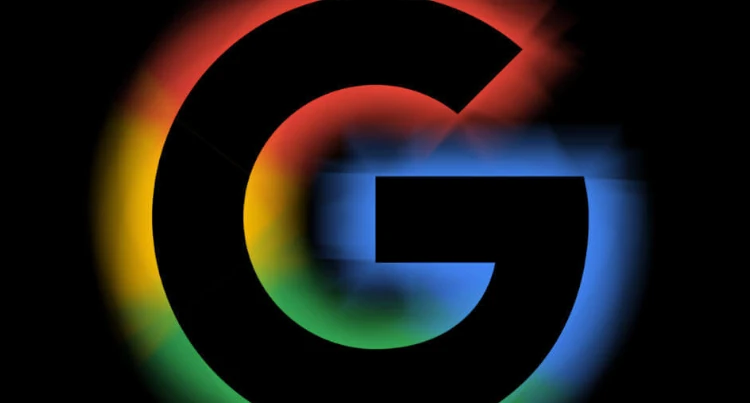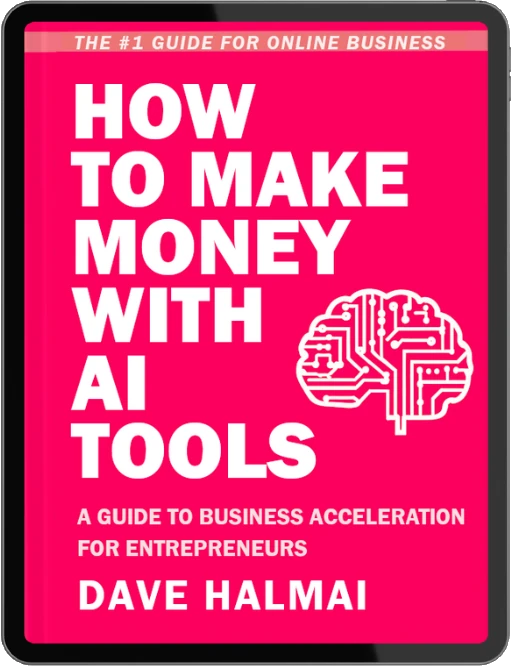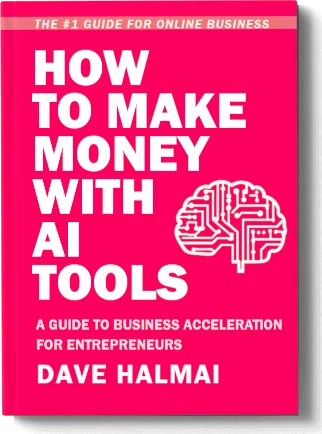The tech giant proposes a new web standard that would let generative AI systems use online content without consent, which could harm smaller creators, experts warn
Google has suggested that Australian laws should allow generative artificial intelligence (AI) systems to scrape the internet for content, unless publishers opt out of it.
In its submission to the Australian government’s review of the AI regulatory framework, Google said that generative AI systems need a broad and diverse range of data to train on, and that copyright law should be changed to enable fair use of online content.
Google did not explain how the opt-out option would work, but referred to a recent blog post where it proposed a community-developed web standard similar to the robots.txt system that lets publishers control what parts of their sites are crawled by search engines.
The proposal comes as some news companies, such as News Corp, have reportedly been seeking payment from AI companies for using their articles.
Dr Kayleen Manwaring, a senior lecturer at UNSW Law and Justice, said that generative AI systems pose a big challenge for copyright law.
“They need millions of data points to produce useful outcomes … which means that there’s going to be copying, which is a breach of a lot of people’s rights.”
Toby Murray, associate professor at the University of Melbourne’s computing and information systems school, said that Google’s proposal would shift the burden to content creators to specify whether their works can be used by AI systems or not, but he noted that existing licensing schemes such as Creative Commons already allow creators to indicate how their works can be shared.
“They may well be hoping to create norms early on that say other companies do not have to pay for this content,” he said.
Manwaring said that smaller content creators could be especially hurt by Google’s proposal, as they may not have the resources or awareness to opt out of having their works used by AI systems.
“I think it’s going to be a big issue that continues, particularly as powerful entities have their rights ripped off. But at the moment non-powerful entities are very likely getting their rights infringed left, right and centre.”
Sure, I can help you reword that paragraph. Here is a possible version:
The Liberal senator Sarah Henderson asked the communications department in Senate estimates in May if the government had plans to make AI companies pay for using online content, like the news media bargaining code does.
The department said in July that the government was looking into the AI regulation consultation, the news media assistance program, and the Treasury review of the news media bargaining code for future policy options for news media.
The AI consultation received hundreds of submissions by last week, but none have been published online yet.




![Top AI Girls on Twitter [ Hashtag #AIGirls ]](https://aisashimi.com/wp-content/uploads/2023/08/ai-girls-bar.webp)

